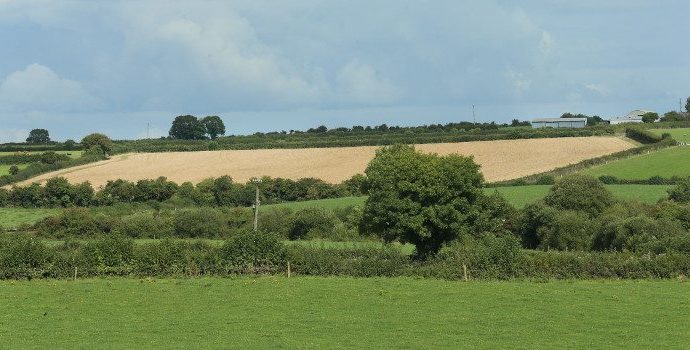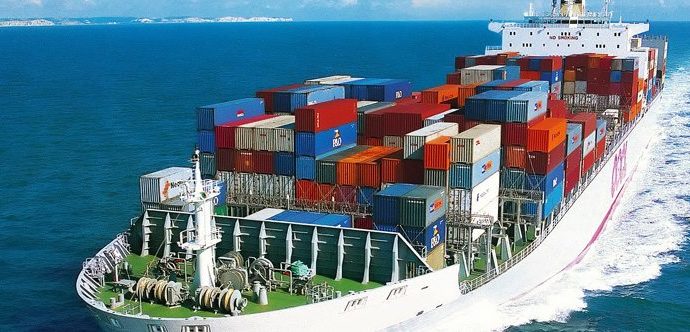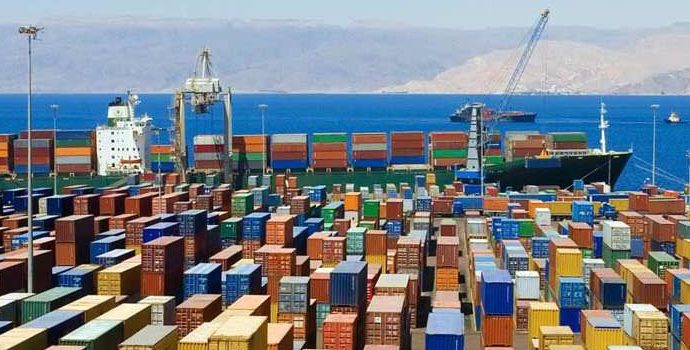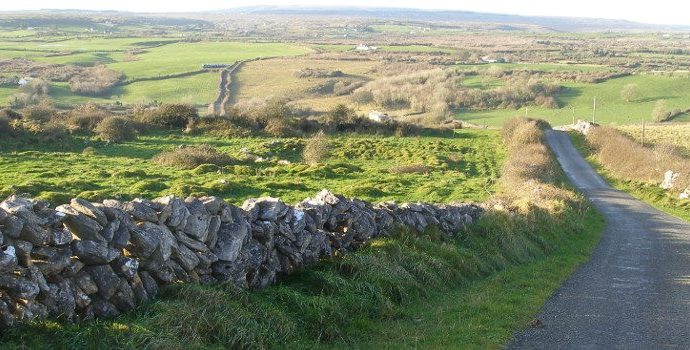Brexit Reports
Brexit Council Report September 2020
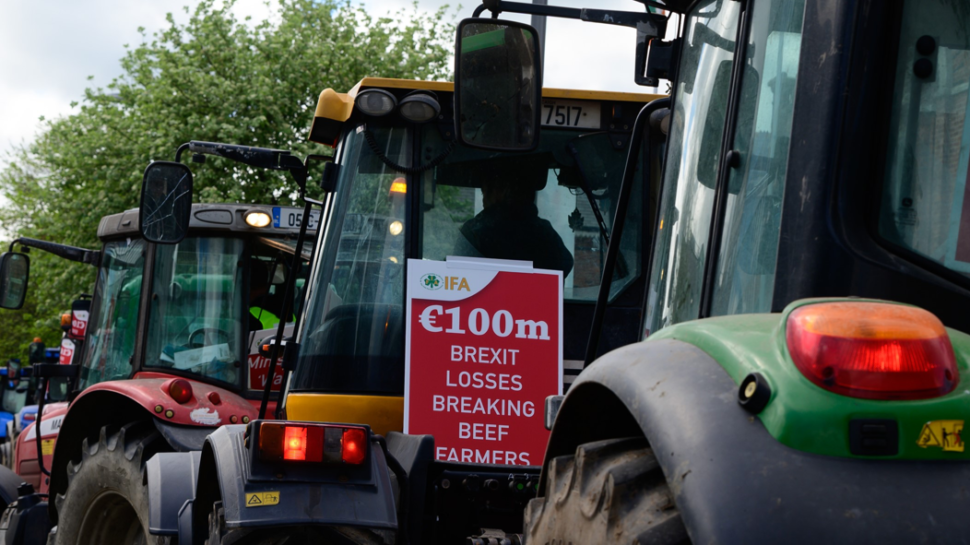
UK leaves EU on 31st January 2020
- UK will exit Single Market and Customs Union on 31st Dec 2020 & will not seek extension
- There are 3 broad scenarios re an EU-UK Free Trade Agreement from January 2021:
- Comprehensive FTA – unlikely: a broad, deep partnership on trade in goods and services, and economic co-operation with no tariffs or quotas provided a level playing field is ensured
- No deal – risk remains: trade on WTO terms, ie EU agri-food exports to GB would face prohibitive tariffs. To maintain food supplies, UK would probably introduce tariff-free quotas, but EU exports would then be in direct competition with third countries, prices would fall and the value of the UK market would be substantially reduced.
- Limited FTA – at best: if both sides decide this is preferable to no deal.
- FTA on goods only – possibly zero tariffs & zero quotas. No deal on services
- EU reserves right to apply tariffs and/or quotas in response to unfair competition.
- Changes happening from 1st Jan 2021: longer delivery times, increased administration and costs
- Customs checks & Controls: new EU and GB controls on imports from GB and EU
- Regulatory compliance checks: on imports by EU and UK authorities
- Rules of origin: these define the maximum amount of a good that can come from outside a free trade area. Goods imported into the EU from the UK will have to demonstrate their originating status to qualify under a future FTA or be subject to tariffs
- VAT: due on imports into the EU
- Implications of UK Landbridge for Irish food exports
- Dublin-Calais via Landbridge RoRo takes 20 hours, vs 40 hours by direct ferry RoRo and 60 hours by direct ferry LoLo
- Deal or no deal, UK accepts disruption at cross-Channel ports is “clearly a possibility” due to additional customs checks in France and low levels of trader/haulier readiness.
- Contingency plans include backing up 4,000 trucks on/near the M20 outside Dover
- Disruption unlikely to extend much beyond mid 2021
- An EU draft agreement will give Irish food exports access to “green lanes” on arrival from the UK into continental EU ports to speed up their progress.
- However, there is no agreement whereby the UK would facilitate Irish trucks to avoid tailbacks on the UK side.
EU-UK Negotiations on Future Relationship
- After two months of intensified talks, EU & German Presidency feel the summer has been wasted
- Barnier was disappointed & said a deal “remains unlikely”.
- UK says it will be difficult to finalise a FTA before end 2020.
- No progress on key EU demands: level playing field & Fisheries.
- LPF – EU wants agreement on state aid and standards in agri-food, environment, climate change, taxation, etc. UK wants independence & rejects alignment with EU rules
- Barnier said LPF was “a non-negotiable pre-condition” for access to the EU market and hinted at a deal on common standards and governance via a “toolbox”, but UK has not reciprocated nor tabled its own proposals
- Fisheries – EU wants a balanced, long-term solution. UK wants annual negotiations
- Some progress on governance – re UK’s concerns on role of ECJ and EU’s desire for a comprehensive agreement covering all areas, rather than a series of stand-alone agreements
- Next round w/c 7th Sept. EU says a deal is required by end October, possibly by 15/16 Oct European Council, to allow time for ratification.
Other developments
- July European Council agreed on a Brexit Adjustment Reserve worth €5bn (separate to CAP)
- To cover adverse consequences in member states & sectors worst hit by Britain leaving EU
- Commission will bring forward proposals in November as to how this will apply.
- President has made it clear that, as the member state and sector most affected, Irish agriculture must benefit significantly from this fund.
- Resignation of Trade Commissioner Phil Hogan, 26th New Commissioner & portfolio?
- UK trade negotiations with US, Japan, Australia & New Zealand and eg
- Reports that former Australian PM Tony Abbott may be appointed as UK advisor
- Japan deal likely this year to replace EU-Japan FTA
- US trade deal unlikely this year
- UK cabinet reportedly divided over possible offer on access for hormone-fed beef, chlorinated chicken, etc with higher tariffs to protect British farmers. Some Ministers want higher tariffs phased out – opposed by Gove & Eustace
- UK government rejected Tory amendments to its Agriculture bill – whereby food imports would have to be produced to same standards applying to British farmers
- UK Global Tariff from Jan 2021 published. An EU-UK FTA would aim to eliminate tariffs.
- Based on EU common external tariff, mostly provides similar levels of protection
- Uses a 5-year average exchange rate of 83.6p (current rate 89p)
- GB Border Controls for EU Goods: to be introduced in 3 stages. (Does not apply to NI-GB trade)
- Jan 2021 – Standard goods: traders will have up to 6 months to complete customs declarations & pay tariffs. Live animals & high risk plants will require pre-notification, health documentation & be subject to physical checks at destination or other premises
- April 2021 – All products of animal origin (POAO), regulated plants & plant products will require pre-notification & relevant health documentation.
- July 2021 – For all goods, declarations & payment of tariffs required at point of importation. SPS commodities: increased physical checks & sampling now at GB border control posts
Northern Ireland Protocol (replaces backstop – purpose is to avoid a hard border in Ireland)
- Part of Withdrawal Agreement – takes effect 1st Jan 2021, irrespective of EU-UK FTA or no deal
- Requires EU Customs and SM rules to apply to all goods entering NI from GB
- EU tariffs to apply, unless goods are not at risk of entering the Republic.
- UK is to expand infrastructure for SPS checks at NI ports on animals and agri-food and some new customs processes.
- Barnier concerned that the necessary measures will not be in place by 1st Jan
- UK says NI businesses will have unfettered access to GB, but has not set out how NI and RoI goods are to be identified?
EU negotiating mandate (25th February 2020)
- Offers FTA with no tariffs and no quotas
- Conditional on level playing field and on terms of a fisheries agreement
- Agreement “should uphold common high standards, and corresponding high standards over time with Union standards as a reference point” in the areas of state aid, competition, employment, environment, climate change, relevant tax matters.
- Specific reference to not reducing standards re health and product sanitary quality in the agricultural and food sector[1].
- EU reserves right to apply autonomous measures to react quickly to unfair competition.
IFA Position
- 23rd July: President attended Brexit Stakeholders’ Forum with Foreign Affairs Minister Simon Coveney and Minister of State Thomas Byrne
- Coveney said at best a basic FTA will be agreed & referred to €5bn Brexit Reserve Fund
- President said if no deal, then Irish agriculture would need at least €2bn of EU Brexit Fund
- IFA wants closest possible future trading relationship that maintains value of the UK market for Irish farmers, which in turn will ensure the stability of the EU food market.
- Three objectives:
- Tariff-free and quota-free access to the UK market
- Level playing field whereby the UK maintains corresponding standards on food safety, animal health, environment, etc and
- No return by the UK to a cheap food policy, so that their external tariffs and import quotas for sensitive products such as beef, butter and lamb do not undercut the EU.
- For GB trade to NI, IFA requires close SPS and customs checks and controls on all live animals and agri-food products
- NI must not become a back-door into the EU for UK’s sub-standard food imports
Brexit Support Measures required by Irish Farmers
- IFA secured a Govt €50m support scheme for beef finishers. This was a direct response to our case for compensation for losses suffered by beef finishers due to Brexit/Covid-19 – see Livestock Report.
- July European Council agreed on a Brexit Adjustment Reserve worth €5bn – IFA had campaigned for a contingency fund to back Government and EU support measures
- The EU Brexit Adjustment Reserve must provide
- Compensation for any further losses during Transition arising from Brexit uncertainty, sterling volatility and COVID-19 impact
- Support for all sectors adversely affected by the Brexit outcome, ie to include direct payments to farmers to fully compensate for the reduced value of the UK market in addition to market support measures, and longer-term structural and adjustment funding.
[1] Annex to Council Decision 5870/20 authorising the opening of negotiations with the United Kingdom of Great Britain and Northern Ireland for a new partnership agreement; paragraph 103.
Bryan Barry
Association Secretary

